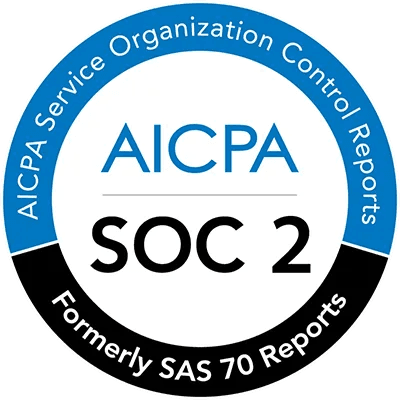Product
Unleashing the Power of LLM Embeddings with Datasets: Revolutionizing MLOps
Aug 1, 2023
·
Apr 12, 2022
Before the advent of Large Language Models (LLMs) like GPT-4, the Machine Learning Operations (MLOps) landscape focused primarily on the deployment, monitoring, and management of traditional machine learning models. In those days, feature engineering was the dominant approach to preparing data for machine learning models, which involved manual extraction and selection of relevant features from raw data.
With the emergence of LLMs, new opportunities for enhancing model performance and functionality have arisen. Embedding techniques, combined with datasets, enable developers to tap into the full potential of these powerful models. In this article, we will explore how Dify dataset functionality allows developers to harness the power of LLM embeddings, revolutionizing the MLOps landscape.
LLM Embeddings: Unlocking New Capabilities
LLM embeddings serve as a way to capture the context and semantic meaning of textual data. By utilizing embeddings, developers can fine-tune LLMs to better understand domain-specific knowledge and generate more accurate, relevant responses. This is where Dify dataset functionality comes into play, enabling seamless integration of proprietary data to enhance LLM performance.
Dify dataset functionality allows developers to:
Preprocess and transform raw data into structured, machine-readable format.
Train the LLM on domain-specific knowledge, making it more proficient in handling tasks related to that domain.
Manage and maintain datasets in a centralized, organized manner.
By leveraging these capabilities, LLM embeddings combined with datasets can accomplish the following:
A. Customized AI Applications: With domain-specific knowledge embedded in LLMs, developers can create highly customized AI applications tailored to specific industries or use cases. Examples include AI customer support for a specific product, a personalized news recommendation engine, or a medical diagnosis assistant trained on a specific medical specialty.
B. Enhanced Performance: As LLMs learn from proprietary data, their performance in generating relevant and accurate responses improves significantly. This is particularly beneficial in scenarios where off-the-shelf models may struggle to provide satisfactory results due to a lack of domain-specific knowledge.
C. Faster Model Adaptation: With the ability to fine-tune LLMs on new datasets, developers can quickly adapt the models to handle new tasks or address emerging market needs. This accelerates the development cycle and allows organizations to stay ahead of the competition.
The combination of LLM embeddings and datasets has dramatically transformed the MLOps landscape, unlocking new capabilities and driving innovation in AI applications. Dify's dataset functionality simplifies the process of integrating proprietary data with LLMs, empowering developers to build more intelligent, domain-specific AI solutions. As LLMs continue to evolve, we can expect even more exciting possibilities and advancements in the world of AI and MLOps.
via @dify_ai and @goocarlos



